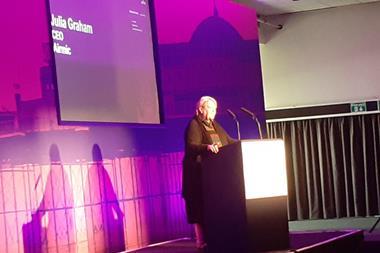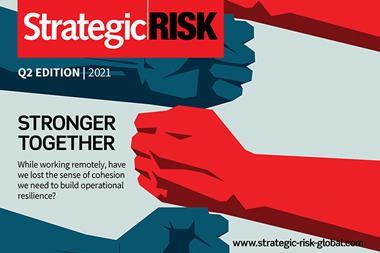Miller Insurance releases findings of study into risk management practices in the UK and US
Miller Insurance Services Limited has released the findings of a study into the insurance buying habits and views of UK and US risk managers at AIRMIC and RIMS respectively, in order to compare and contrast their views on the risk issues on both sides of the Atlantic.
Commenting on the findings, Jon Warwick, director - corporate risks UK and Europe, said: “The notable area of difference is related to the importance of carbon emissions risks. Managing risks associated with this issue is now appearing on the Board agenda of a number of UK companies. This is not the case in the US, with only a very small percentage of risk managers indicating that this risk is being considered by their Board.
“The other key finding was that risk managers in both countries are taking more control of the insurance cycle and are increasingly aware of their total cost of risk.”
“The notable area of difference is related to the importance of carbon emissions risks. Managing risks associated with this issue is now appearing on the Board agenda of a number of UK companies
Jon Warwick, director - corporate risks UK and Europe, Miller Insurance Services Limited
The study found that risk managers in the UK and US are experiencing a soft market but following the last spike in pricing they have repositioned their companies with a willingness to retain more of their own risk in order to smooth the cycle over the longer term. In line with the US (24%), almost a fifth of UK risk managers surveyed (17%) feel they will increase their retention levels over the next 12 months. This indicates that risk managers are asserting control over the cycle, with more refusing to seek cover for lower level policies where most rate volatility occurs. In addition, in the UK, 42% of risk managers are considering ART options; similarly, 54% of US risk managers are already using or further investigating ART.
58% of UK risk managers say that carbon emissions is a boardroom risk consideration, compared to only 7% in the US. However, there is uncertainty about the role of insurance to cover this risk, suggesting that further understanding and clarity about this issue would be welcome.
There was a sharp difference of opinion between the two surveys on some of the emerging risks that businesses face around the world. For example, supply chain/trade disruption insurance is seen as important product by 82% of UK respondents. In the US only half as many risk managers saw it as a priority, suggesting that the UK is more advanced in addressing the importance of supply chain dependency.














